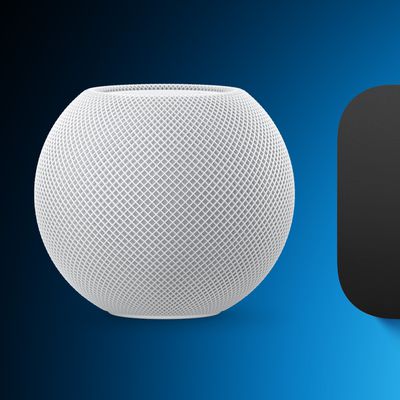Apple chipmaking partner TSMC says it will be ready to move its 3nm chip process to volume production in the second half of this year, putting it on track to supply Apple with the next-generation technology in 2023 (via DigiTimes).
![]()
"We expect the ramp of N3 to be driven by both HPC [high performance computing] and smartphone applications," said Wei during an April 14 earnings conference call. "We continue to see a high level of customer engagement at N3 and expect more new tape-outs for N3 for the first year as compared with N5 and N7."
TSMC is expected to initially process 30,000-35,000 wafers manufactured using 3nm process technology monthly, according to industry sources cited by DigiTimes.
A July 2021 report from Nikkei Asia claimed Apple will launch an iPad this year featuring a processor based on TSMC's 3nm process. The report from DigiTimes today also claims the process will first be used by Apple in iPads, although it doesn't say which model or when it would launch.
If true, it would be the second time in recent years that Apple has debuted new chip technology in an iPad before using it in its flagship smartphones. Apple first debuted the A14 Bionic chip, based on 5nm technology, in 2020's fourth-generation iPad Air.
Whether or not it goes down the same adoption route, Apple is expected to release the majority of its devices with 3nm chips fabricated by TSMC in 2023, including Macs with M3 chips and iPhone 15 models with A17 chips.
The move to a more advanced process typically results in improved performance and power efficiency, enabling faster speeds and longer battery life on future Macs and iPhones. According to TSMC, 3nm technology can increase processing performance by 10% to 15% compared to 5nm tech, while reducing power consumption by 25% to 30%.
Some M3 chips are said to have up to four dies, potentially allowing up to a 40-core CPU. In comparison, Apple's M1 chip has an 8-core CPU and the M1 Pro and M1 Max chips have 10-core CPUs.
TSMC said it is also on track to move N3E, an enhanced version of N3, to volume production in the second half of 2022. Wei said TSMC's N3E process would "further extend our N3 family with enhanced performance, power, and yield."
Looking ahead, TSMC said its next-generation N2 (2nm) process development was also on track, and the foundry expects to get ready for risk production at the end of 2024 followed by volume production in 2025.
























